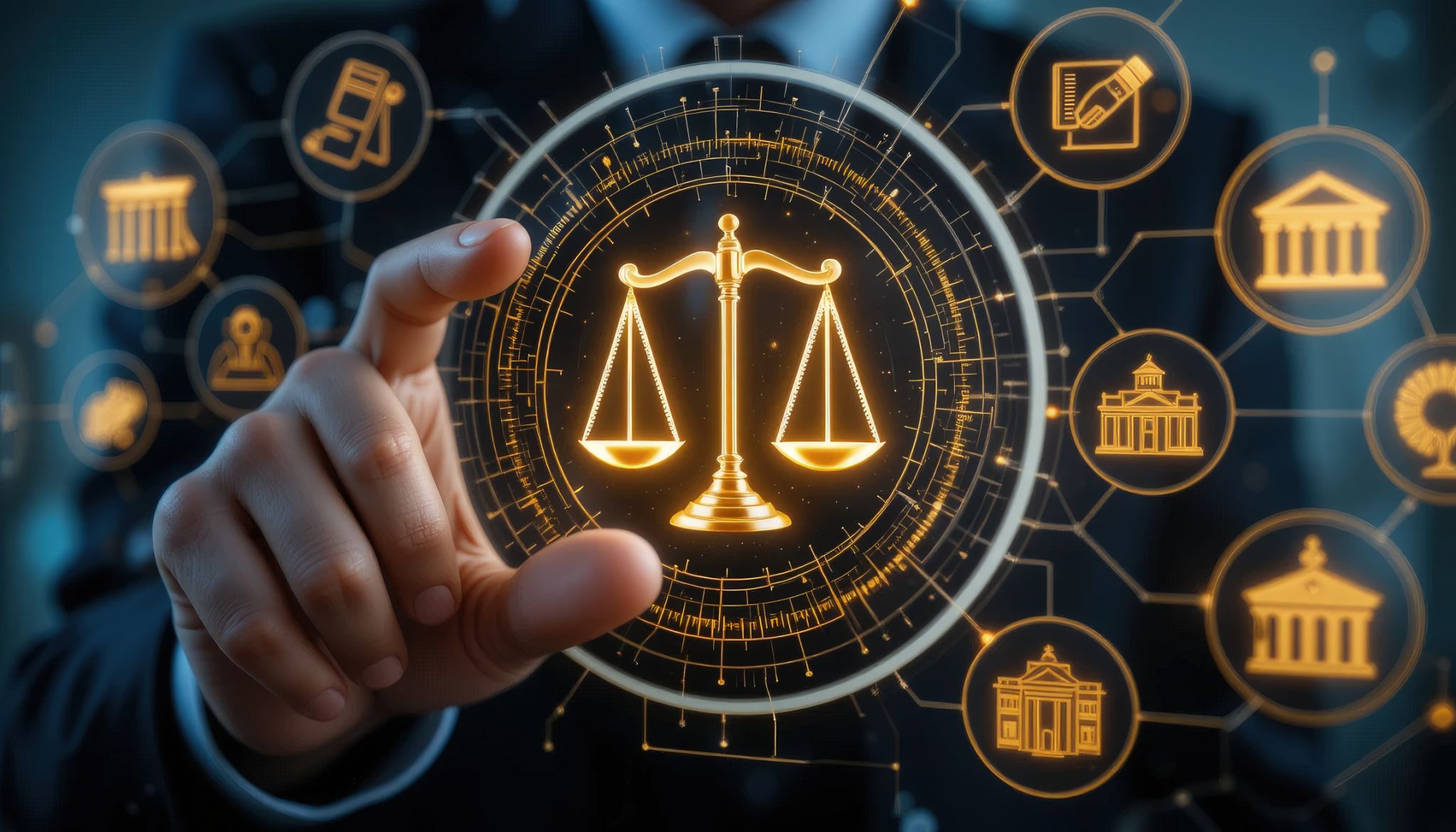Understanding the Role of Translation Services in Legal Proceedings
The Importance of Accurate Translation in Legal Contexts
In legal proceedings, precise and accurate communication is critical. The intricacies of legal language often pose challenges even for native speakers. When legal proceedings involve parties who speak different languages, the need for expert translation services becomes paramount. This ensures that all parties fully understand their rights, responsibilities, and the nuances of the legal process.
Legal documents often contain specialized terminology and complex structures. Misinterpretations or mistranslations can lead to severe consequences, such as wrongful convictions or unjust settlements. Therefore, the role of translation services is not just about converting words from one language to another; it's about preserving the intent and essence of the original text.

Types of Legal Translation Services
Legal translation services encompass a variety of specialized areas, each requiring a deep understanding of both legal systems and language nuances. Some of the primary types include:
- Document Translation: This includes contracts, agreements, patents, and court transcripts. Accuracy is crucial because these documents often serve as evidence.
- Interpretation: In courtroom settings, interpreters facilitate real-time communication between parties who speak different languages.
- Certified Translation: Certain legal translations require certification to verify their accuracy and authenticity, often necessary for official submissions.
Challenges Faced by Legal Translators
Legal translators face numerous challenges that require a blend of linguistic proficiency and legal knowledge. One major challenge is the difference in legal systems across countries. A term in one jurisdiction might not have a direct equivalent in another, requiring translators to find the closest possible interpretation without altering the original meaning.
Furthermore, translators must navigate cultural differences that can affect how legal concepts are perceived. This demands not only language skills but also an understanding of cultural contexts to ensure accurate translations.

The Role of Technology in Legal Translation
With advancements in technology, legal translation services have become more efficient. Machine translation tools and software provide support by handling large volumes of text quickly. However, human oversight remains essential to ensure accuracy and context are preserved, particularly given the high stakes involved in legal matters.
Technology also aids in maintaining consistency across documents, ensuring that specific terminologies are uniformly translated throughout all legal materials related to a case.
Choosing the Right Translation Service
Selecting the right translation service provider is crucial for legal proceedings. It's important to consider factors such as expertise in legal terminology, experience in handling similar cases, and the availability of certified translators. A professional service provider will offer not only linguistic skills but also a thorough understanding of the legal landscape relevant to the case at hand.

Ultimately, the goal of translation services in legal proceedings is to bridge language barriers while preserving the integrity of the original message. By doing so, they play a fundamental role in ensuring justice is served fairly and accurately across different languages and cultures.